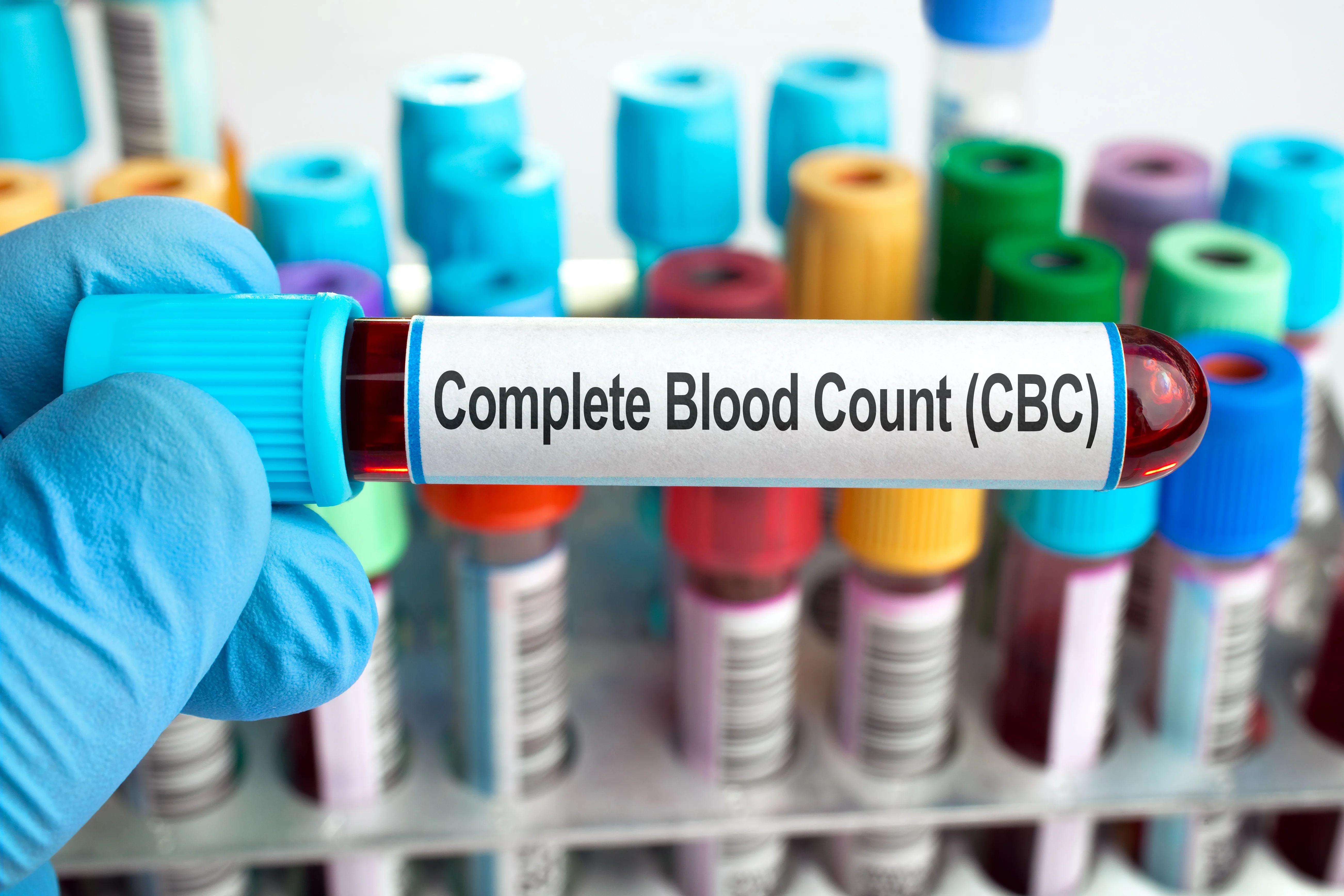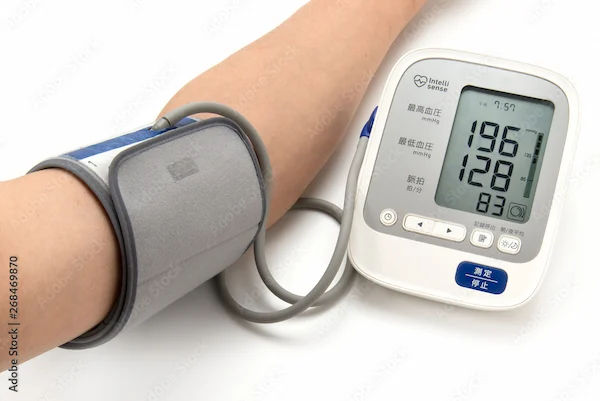Understanding Monocytes and Their Levels
Learn about monocytes, a type of white blood cell essential for immune defense. Understand what high or low monocyte levels mean, and how they relate to infections, inflammation, and overall health.

Written by Dr. Dhankecha Mayank Dineshbhai
Reviewed by Dr. J T Hema Pratima MBBS, Fellowship in Diabetes Mellitus
Last updated on 13th Aug, 2025

Monocytes are an essential part of your immune system, helping your body fight infections and heal damaged tissues. If you've recently had a blood test and noticed that your monocyte levels are high or low, you might be wondering what that means for your health. In this article, we'll explain what monocytes are, why their levels matter, and what you can do to keep them in balance.
What Are Monocytes?
Monocytes are a type of white blood cell (WBC) that play a crucial role in your immune system. They are produced in the bone marrow and circulate in your bloodstream before moving into tissues, where they transform into macrophages or dendritic cells. These cells help:
- Fight infections – Monocytes attack and destroy harmful bacteria, viruses, and fungi.
- Remove dead cells – They clean up damaged or dead cells, promoting healing.
- Support immunity – They help other immune cells recognize and respond to threats.
Consult a Top Specialist
What Do High or Low Monocyte Levels Mean?
A complete blood count (CBC) test measures monocyte levels, usually reported as an absolute count or a percentage of total white blood cells.
High Monocyte Levels (Monocytosis)
A higher-than-normal monocyte count may indicate:
- Chronic infections (e.g., tuberculosis, fungal infections)
- Autoimmune diseases (e.g., lupus, rheumatoid arthritis)
- Blood disorders (e.g., leukemia, myelodysplastic syndrome)
- Chronic inflammation (e.g., inflammatory bowel disease)
- Recovery from an infection
Low Monocyte Levels (Monocytopenia)
A lower-than-normal monocyte count may be due to:
- Bone marrow problems (e.g., chemotherapy, aplastic anemia)
- Certain infections (e.g., HIV, severe bacterial infections)
- Autoimmune disorders (e.g., lupus affecting bone marrow)
- Vitamin deficiencies (e.g., vitamin B12 or folate deficiency)
Symptoms to Watch For
Monocyte imbalances often don’t cause direct symptoms, but underlying conditions may lead to:
- Fatigue or weakness
- Frequent infections
- Unexplained weight loss
- Fever or night sweats
- Swollen lymph nodes
If you experience these symptoms along with abnormal monocyte levels, consult a doctor for further evaluation.
How to Maintain Healthy Monocyte Levels
While some causes of abnormal monocyte levels require medical treatment, you can support your immune system with these healthy habits:
1. Eat a Balanced Diet
- Include antioxidant-rich foods (berries, leafy greens, nuts) to reduce inflammation.
- Get enough vitamin C (citrus fruits, bell peppers) and zinc (seeds, legumes) for immune support.
- Avoid excessive processed foods and sugars, which can weaken immunity.
2. Exercise Regularly
- Moderate physical activity helps regulate immune function and reduce inflammation.
3. Manage Stress
- Chronic stress can weaken immunity. Try relaxation techniques like yoga, meditation, or deep breathing.
4. Get Enough Sleep
- Aim for 7-9 hours of sleep per night to help your body repair and strengthen immunity.
5. Stay Hydrated
- Drinking enough water supports overall immune health.
When to See a Doctor
If your blood test shows abnormal monocyte levels, your doctor may recommend further tests to determine the cause. Seek medical advice if you have:
- Persistent fatigue or unexplained weight loss
- Frequent infections
- Signs of chronic inflammation
At Apollo 24|7, you can easily book a consultation with a specialist or schedule a blood test to check your monocyte levels. Early detection and proper care can help manage any underlying conditions effectively.
Final Thoughts
Monocytes are vital for a strong immune system, and their levels can provide important clues about your health. While occasional fluctuations are normal, persistent abnormalities should be evaluated by a doctor. By maintaining a healthy lifestyle, you can support your immune system and overall well-being.
Consult a Top Specialist
Consult a Top Specialist

Dr. Syed Ismail Ali
General Practitioner
7 Years • MBBS
Hyderabad
Apollo 24|7 Clinic, Hyderabad

Dr. M L Ezhilarasan
General Practitioner
6 Years • MBBS
Visakhapatnam
Apollo 24|7 Clinic - Andhra Pradesh, Visakhapatnam

Dr. Mohammed Kamran
General Practitioner
5 Years • MBBS, FIDM
Nashik
Apollo 24|7 Clinic - Maharashtra, Nashik

Dr. Jawwad Mohammed Kaleem
General Practitioner
4 Years • MBBS
Hyderabad
Apollo 24|7 Clinic, Hyderabad

Dr. Chaithra H
General Physician/ Internal Medicine Specialist
6 Years • MBBS, MD General Medicine, DNB General Medicine
Bangalore
Apollo 24|7 Clinic - Karnataka, Bangalore
Consult a Top Specialist

Dr. Syed Ismail Ali
General Practitioner
7 Years • MBBS
Hyderabad
Apollo 24|7 Clinic, Hyderabad

Dr. M L Ezhilarasan
General Practitioner
6 Years • MBBS
Visakhapatnam
Apollo 24|7 Clinic - Andhra Pradesh, Visakhapatnam

Dr. Mohammed Kamran
General Practitioner
5 Years • MBBS, FIDM
Nashik
Apollo 24|7 Clinic - Maharashtra, Nashik

Dr. Jawwad Mohammed Kaleem
General Practitioner
4 Years • MBBS
Hyderabad
Apollo 24|7 Clinic, Hyderabad

Dr. Chaithra H
General Physician/ Internal Medicine Specialist
6 Years • MBBS, MD General Medicine, DNB General Medicine
Bangalore
Apollo 24|7 Clinic - Karnataka, Bangalore




